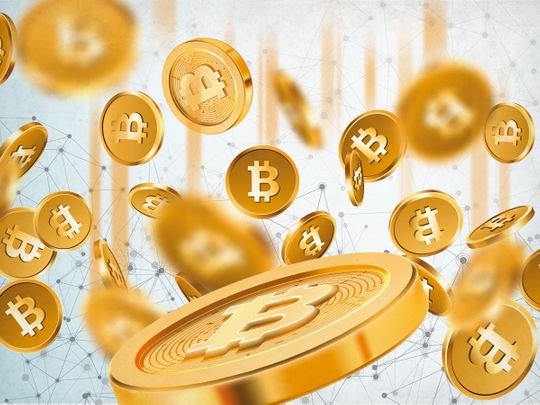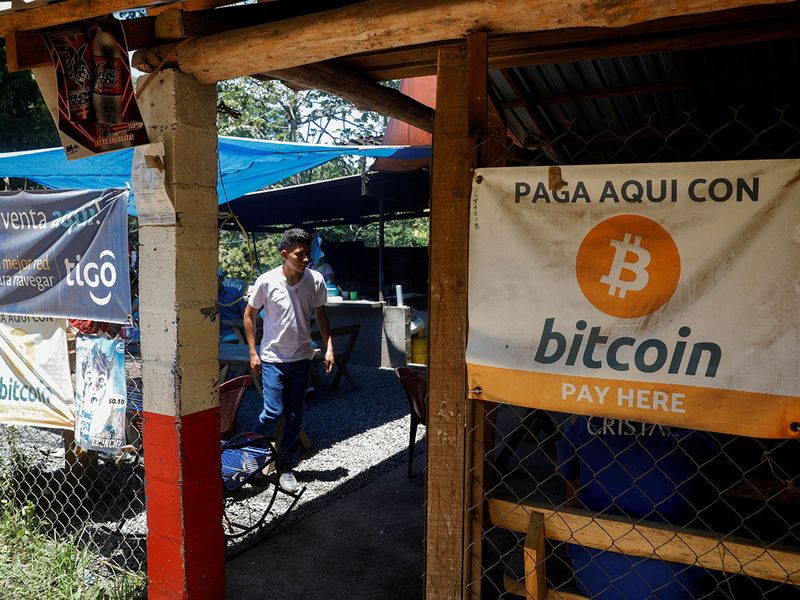
The International Monetary Fund (IMF) on Monday said El Salvador should not use Bitcoin as legal tender, considering risks related to the cryptocurrency.
"Given Bitcoin's high price volatility, its use as a legal tender entails significant risks to consumer protection, financial integrity, and financial stability," the IMF said in its staff concluding statement of the 2021 Article IV mission to El Salvador. "Its use also gives rise to fiscal contingent liabilities." The IMF regularly undertakes Article IV missions to member countries to consult with government officials before they request to use IMF resources.
In September, El Salvador became the first country to adopt Bitcoin as legal tender, alongside the US dollar.
"Because of those risks, bitcoin should not be used as a legal tender. Staff recommends narrowing the scope of the bitcoin law and urges strengthening the regulation and supervision of the new payment ecosystem," said the IMF.

The IMF statement came only two days after President Nayib Bukele announced El Salvador was planning to build the world's first "Bitcoin city", which will be funded initially by Bitcoin bonds.
Bukele said the city would get its energy supply from a volcano and would not levy any taxes except for value added tax.
Bukele has championed the adoption of bitcoin, arguing it will help millions of Salvadorans living abroad send remittances back home. He has also said it will bring financial inclusion, investment, tourism, and development.
"Although we obviously do not agree on some things, such as the adoption of #Bitcoin, the analysis it makes of our country is interesting," Bukele said of the IMF statement.
The IMF also estimated El Salvador's economy will grow around 10 per cent in 2021 and 3.2 per cent in 2022 and said it expects the Central American nation's public debt to reach 85 per cent of its GDP by the end of 2021.






_resources1_16a30b358e0_small.jpg)

